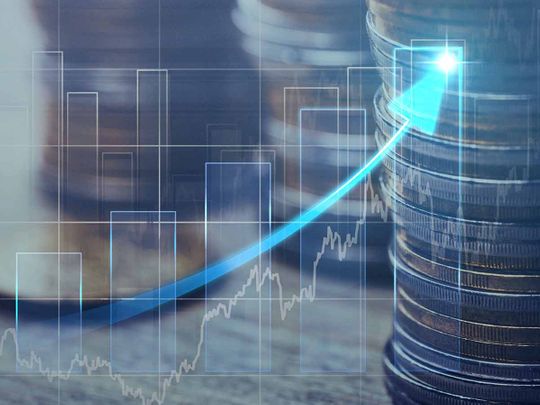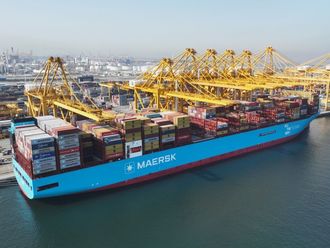
Dubai: Even with high oil prices, inflation-linked cost hikes on key imports will still be of concern for the Gulf and Middle East economies.
In particular, there is the ‘region’s dependence on Russia and Ukraine for imports of wheat and other non-oil commodities,’ cites a survey conducted among finance industry professionals. “Oil prices, which had already risen ahead of the Russia-Ukraine conflict have been relatively stable at a high level over Q2-22, but this was not sufficient to outweigh other factors,” the survey finds.
Across all major regions, there is a sense of gloom over the likely course for the global economy, according to the latest Global Economic Conditions Survey from ACCA (the Association of Chartered Certified Accountants) and IMA (Institute of Management Accountants). So much so, that economic confidence among finance professionals and accountants in North America has fallen to ‘levels seen during the height of the COVID-19 pandemic in 2020’. Confidence dropped in Asia-Pacific by 20 points and in South Asia by 30 after a rise in the previous survey during the first three months of the year.
“The drop in global confidence is sharp, although the level remains above the low point reached at the height of the pandemic,” the report adds. “Indicators more closely related to economic activity – orders, employment, and capital spending - also fell in Q2 but more modestly than confidence.
“The conclusion is that, while the risks of a global recession have risen, the most likely outcome is one of weak growth for the rest of this year.”
The mood among finance industry insiders is quite at odds with those on the stock markets, with investors taking their cues from whatever the Fed, other central banks, and policymakers have to say. Stocks have risen or dropped in sync with global tensions as well, but each dip has been closely followed by rapid turnarounds.
The latest sentiment boost among investors is that the Fed will likely slow down on the rate hikes, with talk veering towards ‘peak inflation’ being reached or close to doing so. But in the ACCA-IMA survey, the mood is not that clear cut.
Limited economic boost
“Post-pandemic recovery has now given way to negligible economic growth, elevated inflation, and extreme uncertainty,” said Jamie Lyon, Head of Skills, Sectors and Technology at ACCA. “The war in Ukraine has given inflation a further boost by pushing commodity prices higher.
“But inflation was already high and rising before the war started in February: a strong rebound in demand fuelled by a massive monetary and fiscal response to the pandemic had run up against supply shortages, resulting in a surge in price pressures.”
The Q2-22 survey–done mid-June – reckons there will be a’ decisive deterioration’ in global economic outlook.
The biggest fall in new orders came in North America and Western Europe – ‘two regions where the rise in inflation and squeeze on real incomes has been particularly acute’. There were small increases in orders in Africa and Asia-Pacific, ‘possibly reflecting an easing of Covid restrictions’.
The two ‘fear’ indices – reflecting the level of concern that customers and suppliers may go out of business – were little changed in the April-June phase. Both indices have fallen back from the extreme levels seen in 2020 but still above pre-pandemic levels.
According to Jamie Lyon, “Risks of a global recession have increased but our central case is that growth will be positive if rather weak. Employment growth may support total consumption. Nonetheless, with the exception of the Covid recession of 2020, we expect global GDP growth this year and next will be the weakest since the Global Financial Crisis of 2007-09.”












